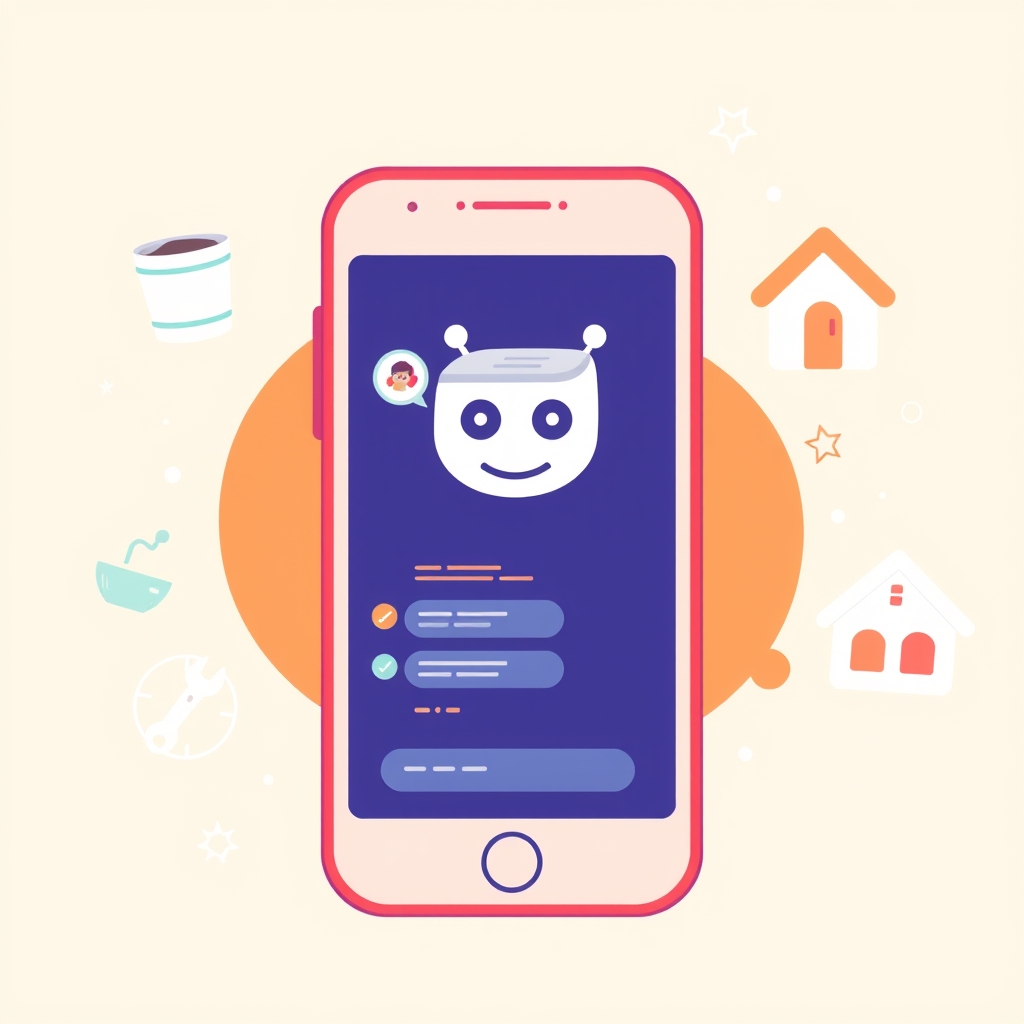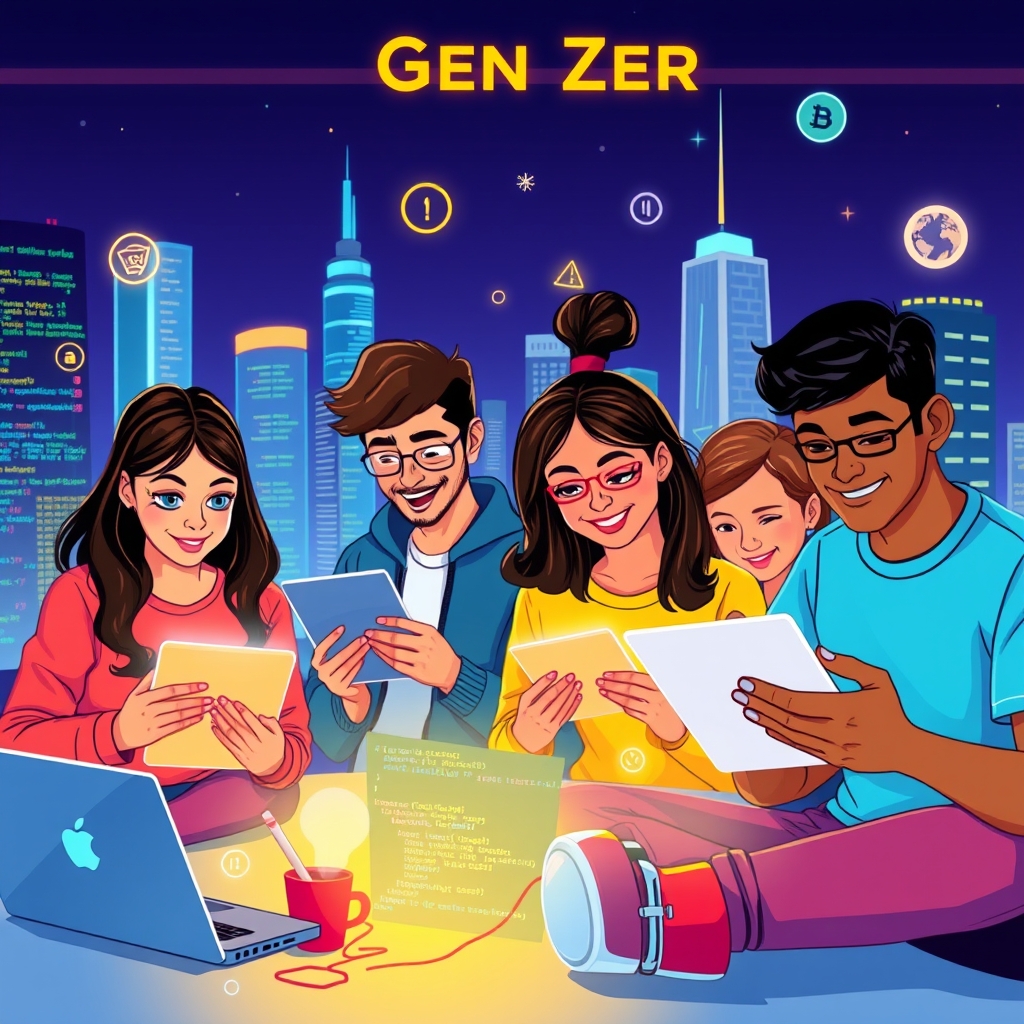API Alchemy: Building & Selling Custom Integrations for Gen Z Apps
Gen Z is a generation defined by seamless digital experiences. They don’t just -use- apps; they expect them to -talk- to each other. This creates a massive, largely untapped opportunity for a new kind of service business: custom API integration. The Turkish phrase “Veri entegrasyon hizmetleri yapın” translates to “Do data integration services,” and that’s precisely what this article will detail – how to build a thriving business offering these services specifically tailored to the needs of Gen Z.
Understanding the Opportunity: Why Gen Z Needs Integrations
Gen Z relies on a diverse ecosystem of apps for everything – social media (TikTok, Instagram, Discord), productivity (Notion, Google Workspace), finance (Cash App, Venmo, Robinhood), education (Quizlet, Khan Academy), and entertainment (Spotify, Twitch). They’re frustrated by data silos. They want their Spotify listening data to influence their Instagram stories, their Notion tasks to automatically update their Discord status, or their Twitch streams to automatically post highlights to TikTok. Existing integration platforms like Zapier and IFTTT are often too complex, limited in functionality, or lack the specific app connections Gen Z desires. This is where a specialized integration service steps in.
Target Audience: Beyond the Individual User
While individual Gen Z users represent a market, focusing solely on them can be challenging due to low individual project values. A more lucrative approach is to target:
- Gen Z Creators: Streamers, YouTubers, TikTok influencers, and artists who need to automate workflows between their content creation tools, social media platforms, and monetization systems.
- Student Organizations & Clubs: Integrating communication platforms (Discord, Slack) with event management tools, fundraising platforms, and membership databases.
- Small Businesses Run by Gen Z: Connecting e-commerce platforms (Shopify, Etsy) with marketing tools (Mailchimp, social media schedulers) and customer support systems.
- Gen Z-Focused Startups: New companies building products for this demographic often need custom integrations to connect with existing platforms.
Technical Toolkit: The Building Blocks of Integration
This business requires a solid understanding of APIs (Application Programming Interfaces). Here’s a breakdown of essential tools:
- Programming Languages: Python is the most popular choice due to its extensive libraries and ease of use. JavaScript (Node.js) is also valuable for web-based integrations.
- API Platforms & Libraries: Postman for API testing and documentation. Libraries like `requests` (Python) and `axios` (JavaScript) for making API calls.
- Integration Platforms (for building on top of): While the goal is -custom- integrations, understanding platforms like Zapier, Make (formerly Integromat), and n8n can provide a foundation and inspiration. You might even build integrations -for- these platforms.
- Version Control: Git and GitHub are essential for managing code and collaborating.
- Cloud Hosting: AWS, Google Cloud, or Azure for deploying and scaling integrations.
- Authentication & Security: Understanding OAuth 2.0 and other authentication protocols is crucial for secure data access.
Service Offerings & Monetization Strategies
- Custom Integration Development: The core service – building integrations tailored to specific client needs. Pricing can be project-based (fixed fee) or hourly.
- Integration Templates: Develop pre-built integrations for common use cases (e.g., “TikTok to Instagram Story Automation”) and sell them as digital products.
- API Consulting: Help clients understand their API options and design integration strategies.
- Maintenance & Support: Offer ongoing maintenance and support packages to ensure integrations continue to function correctly as APIs evolve.
- Subscription Model: For ongoing integrations, consider a monthly subscription fee for maintenance, updates, and support.
- White-Labeling: Offer integration services to other agencies or businesses under their brand.
Marketing to Gen Z: Where to Find Your Clients
Traditional marketing methods won’t cut it. Focus on:
- TikTok & Instagram: Showcase your work with short, engaging videos demonstrating the power of integrations. Use relevant hashtags (#automation, #api, #genz, #productivity).
- Discord Communities: Join Discord servers frequented by Gen Z creators and entrepreneurs. Offer helpful advice and subtly promote your services.
- University & College Networks: Partner with student organizations and clubs.
- Online Freelance Platforms: Fiverr, Upwork, and similar platforms can be a good starting point, but focus on building a direct client base.
- Content Marketing: Create blog posts, tutorials, and videos explaining the benefits of API integration and showcasing your expertise.
Scaling the Business
Initially, this can be a solo operation. However, to scale, consider:
- Building a Team: Hire other developers with API integration expertise.
- Developing a Productized Service: Create a suite of pre-built integrations that can be easily deployed.
- Creating an API Integration Marketplace: A platform where developers can contribute and sell their integrations.
API integration is a technical field, but the demand from Gen Z for seamless digital experiences is undeniable. By focusing on this demographic and offering tailored solutions, you can build a successful and in-demand business.



















